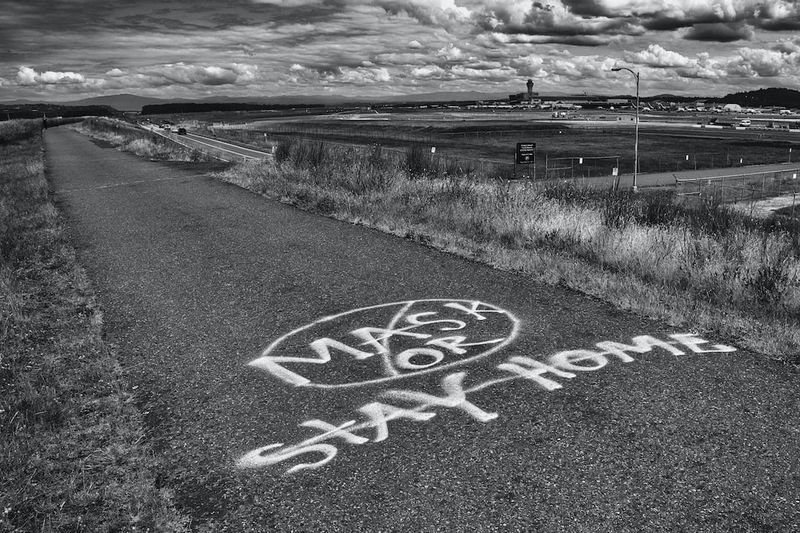Hollywood Faces Biggest Strike in 60 Years as Actors Protest Over Pay and AI Use
Thursday’s UK premiere of the star-studded film Oppenheimer was marked by the cast’s early departure as thousands of actors went on strike, causing the largest industrial action in Hollywood in six decades. The strike, led by the Screen Actors Guild-American Federation of Television and Radio Artists (SAG-AFTRA), is a response to concerns about pay decreases caused by the rise of streaming services and the increasing use of artificial intelligence (AI) in production. The strike is expected to significantly disrupt the filming and release schedules of major blockbusters such as Deadpool 3, Wicked, Beetlejuice 2, and Speak No Evil.
Impact of the Strike on Hollywood Productions
The strike has already halted filming on the set of Wicked, which stars Ariana Grande and is scheduled for release in November next year. Other productions, including vampire thriller The Radleys and psychological thriller Speak No Evil, may also be affected. However, some UK-based productions, such as the second season of House of Dragon, are likely to continue as they primarily involve British actors who are members of the local union Equity, which legally cannot strike in solidarity with their US counterparts.
Philosophical and Economic Context
This strike reflects deeper concerns about labor rights and fair compensation in the entertainment industry. The ongoing strike by the Writers Guild of America (WGA) over similar issues has already disrupted film and television production in Hollywood. Both SAG-AFTRA and the WGA are demanding increases in base pay and residuals from streaming services, as well as protections against the replacement of human actors with AI technology. The strike highlights the tension between the profitability and sustainability of the industry and the welfare of its workers.
The Role of Christopher Nolan and Top Hollywood Stars
Director Christopher Nolan, known for his blockbuster films such as Inception and The Dark Knight Trilogy, showed support for the striking actors. Nolan attended a second premiere screening of Oppenheimer after the cast left the initial premiere early to join the picket lines. During his speech, Nolan praised the cast and voiced his support for fair wages and protections for working members of the unions. Top Hollywood stars, including Emily Blunt, Florence Pugh, Matt Damon, and Cillian Murphy, were among those who left the premiere to participate in the strike.
Response from the Alliance of Motion Picture and Television Producers
The Alliance of Motion Picture and Television Producers (AMPTP), which negotiates on behalf of studios, claims to have offered significant gains to union members, including the highest percentage increase in minimum pay levels in 35 years and groundbreaking protections for actors’ digital likenesses. However, SAG-AFTRA argues that the AMPTP has not engaged meaningfully on certain issues and has stonewalled negotiations. The lack of progress has led to the union’s decision to go on strike.
Editorial: The Struggle for Fair Wages and Workers’ Rights in Hollywood
The current strike by Hollywood actors underscores the growing debate on fair compensation and workers’ rights in the entertainment industry. The simultaneous strikes by SAG-AFTRA and the WGA highlight the widespread concern about the erosion of labor rights due to the expanding presence of streaming services and AI technology. Actors and writers play a crucial role in bringing stories to life and creating some of the most popular and profitable content in the industry. It is only fair that their contributions are appropriately recognized and compensated.
Streaming platforms have disrupted traditional revenue models in the entertainment industry, resulting in significant shifts in how actors are compensated for their work. The rise of AI technology further complicates the matter, as it has the potential to replace human actors in certain roles. This threatens the livelihoods of many talented actors and raises questions about the future of creativity and human connection in storytelling.
To ensure a fair and sustainable future for the entertainment industry, it is essential for all stakeholders, including studios, streaming platforms, unions, and talent, to engage in meaningful negotiations. Fair wages, pay equity, and protections against AI substitution should be at the core of these discussions. While striking may cause disruptions in the short term, it serves as an important reminder that workers’ rights should not be overlooked or undervalued.
Advice for the Entertainment Industry:
- Negotiate in Good Faith: All parties involved should approach negotiations with a genuine commitment to finding fair and sustainable solutions. Open and transparent dialogue is crucial to bridge the gaps between the interests of studios, talent, and unions.
- Recognize the Value of Talent: Actors and writers are the lifeblood of the entertainment industry. Their contributions should be appropriately recognized and rewarded, not just in terms of monetary compensation but also in terms of creative autonomy and respect for their craft.
- Adapt to Changing Technologies: The industry must find a way to adapt to the changes brought about by streaming services and AI technology without compromising the rights and livelihoods of workers. This may involve establishing guidelines and regulations to ensure fair practices and protect the interests of creative professionals.
- Prioritize Diversity and Inclusion: As negotiations take place, it is crucial to address issues of pay equity and opportunities for underrepresented groups. The industry must strive to create an inclusive and equitable environment that reflects the diverse world we live in.
The entertainment industry has the power to captivate and inspire audiences worldwide. It is essential that all stakeholders work together to ensure that this power is harnessed responsibly and ethically, with the fair treatment of workers at its core.

<< photo by Victor Chijioke >>
The image is for illustrative purposes only and does not depict the actual situation.




